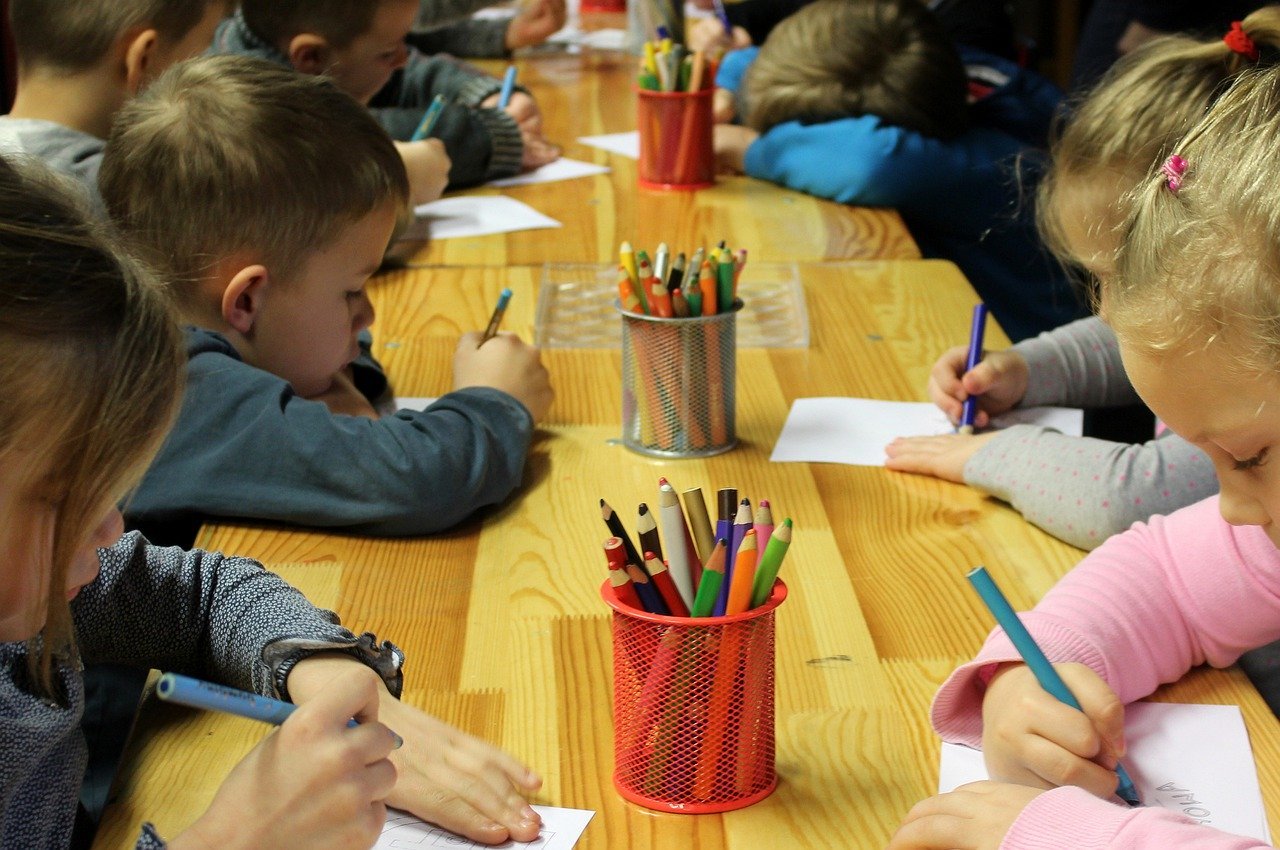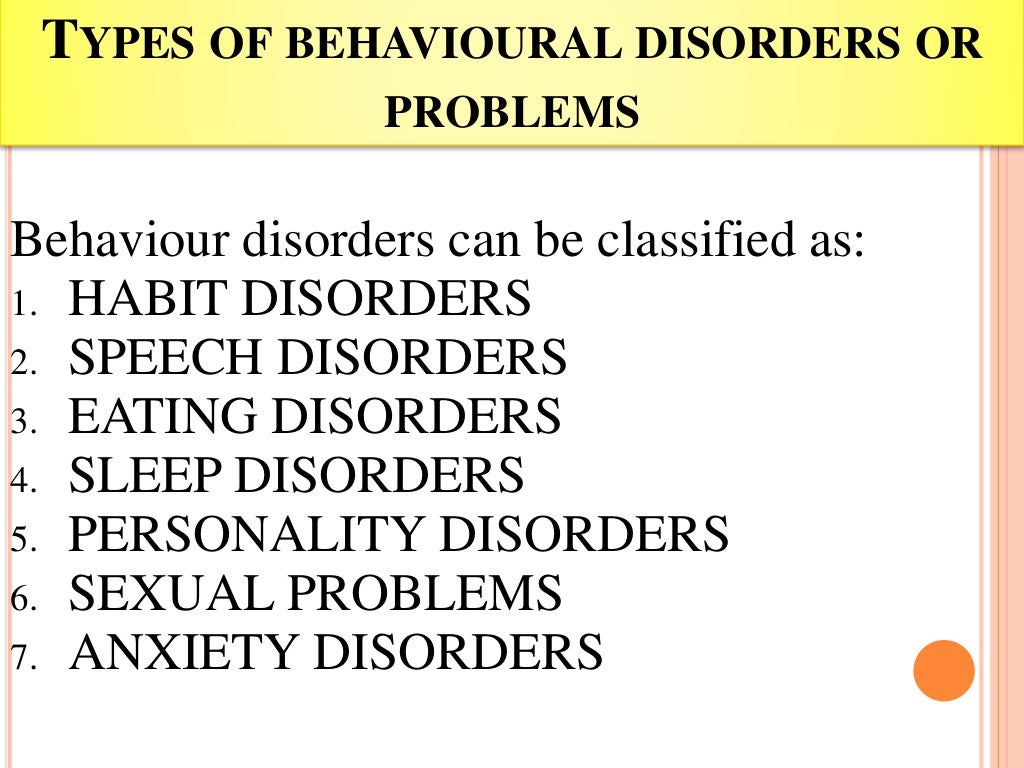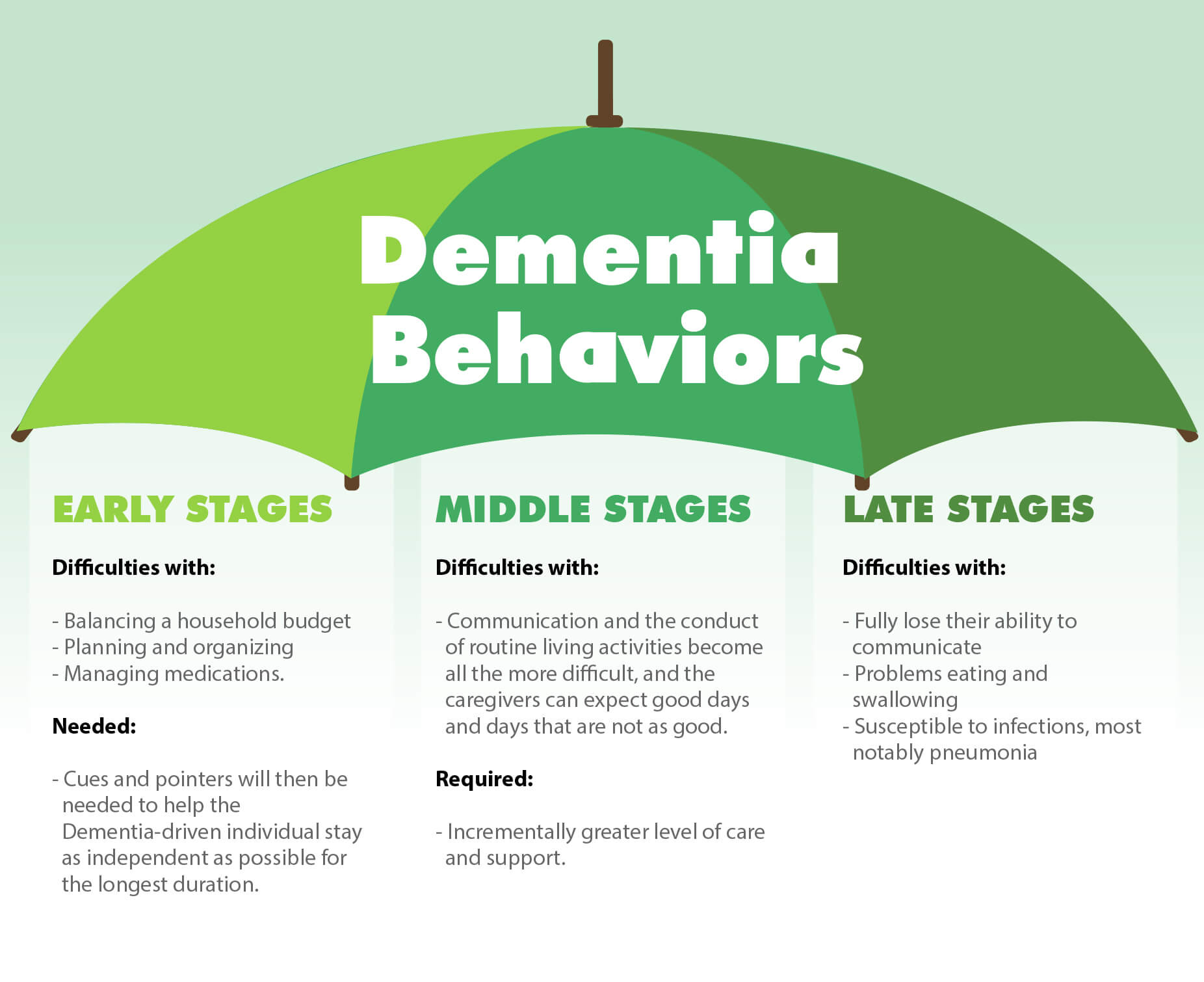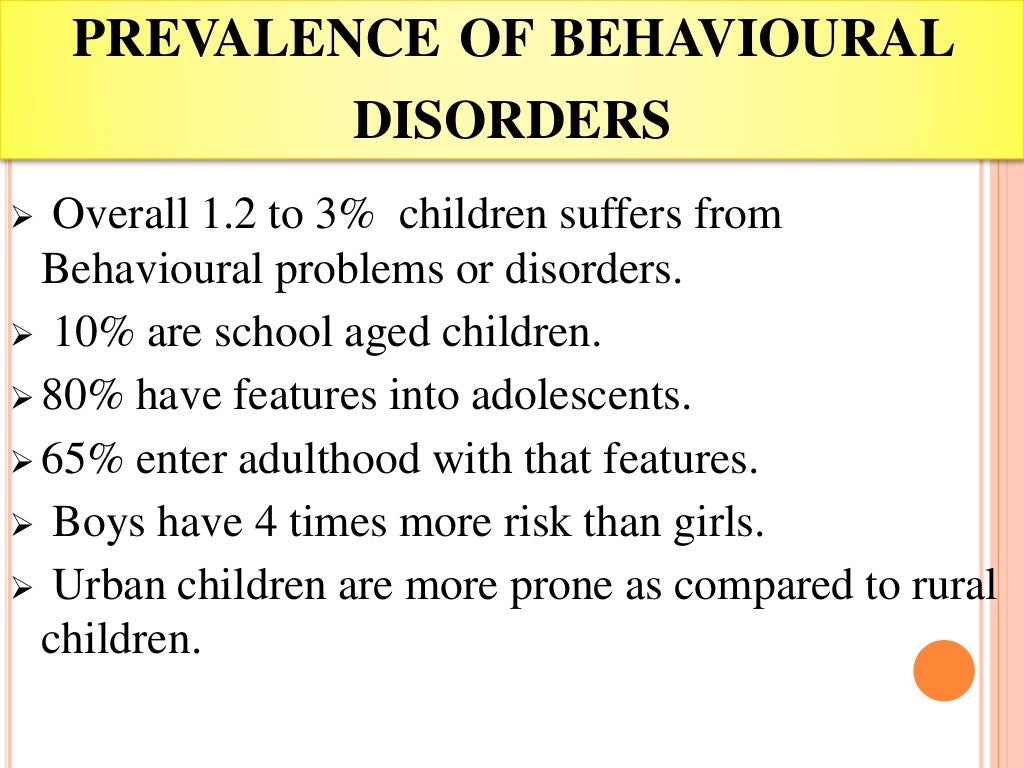Peerless Tips About How To Deal With Behavioural Problems

The first step towards evaluating problem behaviours is to obtain a detailed account of the behaviours, including their frequency, severity, and impact on the child and family.
How to deal with behavioural problems. For example, explain why you want them to hold your hand while crossing the road. Then, you'll be able to involve them in the. If a student is becoming dangerous, you may need to separate him or her for the safety of others.
Cognitive behavioural manipulation of people or specific vulnerable groups: Children do not have to be able to talk to understand. The final step in being proactive when dealing with difficult behaviors is the most important:
Students with emotional problems often fear failure, so don't set them up to fail! 1 why do some kids struggle with problem behavior? Separate a student from the rest of the class.
When behavior prevents them from making or keeping friends, it's important to seek help. You'll also learn about what causes challenging behaviour, and you'll learn some. A child or adolescent may have two disorders at the same.
These causes are called triggers or “antecedents.” often,. The different types of difficult students → common reasons behind the destructive behavior→ how to improve communication and prevent challenging situations→. Keep your instructions simple and short (e.g.
Behaviour issues can also include actions or behaviour that stops your team from working effectively or causes adverse impacts to others in the team. It can help if they understand why you want them to do something. Once your child can talk, encourage them to explain why they're angry or upset. this will help them feel less.
The specialist will want to know what situations or people trigger the. The first step is picking specific behaviors to target. This blog will give you 20 tips for positive behaviour strategies in school.
Then, think about what causes the target behaviors. Keep assignments short, or break them up into parts. If you're finding it hard to cope with the behaviour of your child, ask a gp to refer you to a specialist.
2 responding to problem behavior 3 why transitions trigger problem behavior 4 skills: Setting rules is important so that your child knows what behaviour is expected of them. Jul 2018 how to recognise signs of serious behavioural problems such as conduct disorder, and practical advice about how to deal with this.
Your child's behavior is not developmentally appropriate. If a student is disrupting the classroom in a major way, it’s not necessarily the right.


/what-is-cognitive-behavior-therapy-2795747_FINAL3-c2628ba79a6c4434b6b2583085228541.png)















